You need protein at all stages of life. It’s the major component of all cells, including muscle and bone. A healthy diet low in fat and high in lean protein is thought to be one of the most effective ways to lose weight in a healthy way. Healthy proteins maintain muscle tissue whilst burning fat for fuel and increasing satiety curbing your appetite. Eating a high protein diet will help you control your appetite and make your work out more effective. The Recommended Daily Allowance of protein is 46 grams for women and 56 grams for men.
Protein Diet and Energy Balance
A diet high in protein will only help you lose weight if your energy intake is below your energy needs. You still need to watch your portions and make sure your calorie intake is lower than your calorie expenditure. It’s this overall calorie deficit that matters more than the combination of protein, fat or carbohydrate in your diet.
Are there any risks connected with high-protein diets?
Many popular weight loss diets are based on high protein foods. Despite the fact that they seem to work faster and more effectively, some nutritionists believe that a diet too high in protein could have a negative effect on your kidneys or liver. However there appears to be little evidence for this. You should always get medical advice from a Doctor before going on any weight loss diet or slimming programme. Metabolising protein requires a higher amount of water than carbohydrates or fats, so it’s important to consume a lot of water when on a high protein diet.
Are high protein diets more effective?
Some research has shown that protein could help to control hunger, which means you’ll be more likely to take in fewer calories. There is evidence that increase in protein intake improves the feeling of fullness. The more satisfied you feel after eating, the less likely you are to overeat or indulge in sweets and snacks in-between meals during the day. Research also shows that it takes more energy for your body to digest one gram of protein than one gram of carbohydrate, which means you are using more energy to digest a protein meal.
Animal or Vegetable?
You have to be careful when you choose your proteins. There is not much difference between animal and vegetable protein in the way it affects our nutrition and health. What makes the difference for dieting is what else is included in the product with the protein. Meat is a great source of protein, but it also is very high in fat and saturated fat. Poultry and fish are much safer options. Vegetables and nuts and seeds are also high in protein and have very little fat. Chicken, salmon, lentils, pearl barley are great examples of high protein low-fat foods. Vegetable sources of protein, such as beans, nuts and seeds, and whole grains also offer fibre, and essential vitamins and minerals.
Limit the amount of read meats in your diet. Reduce portion size and choose only lean cuts. There’s no need to become obsessed and eat only protein and exclude everything else. You could miss out on essential fibre, vitamins and minerals if you avoid eating whole grains. Choosing a healthy mix of high protein, low-fat foods could lead to more effective weight loss and improve your eating habits. Choose low-fat protein-rich foods such as lean red meat, fish, skinless chicken and fat-free dairy products for healthier, safer weight loss. Avoid skipping meals to keep control of your hunger. Eat regularly, spread meals evenly throughout the day and include all the essential food groups in your diet.
High Protein Food List
Poultry: Chicken, Turkey
| Protein in 100g | Half-Breast (306g) | Protein to Calorie Ratio |
30g | 92g | 1g protein per 4.5 calories |
Fish and Seafood: Tuna, Salmon
| Protein in 100g | 85g Fillet | Protein to Calorie Ratio |
26g | 22g | 1g protein per 4.5 calories |
Low-Fat Dairy Products: Cottage cheese
| Protein in 100g | 28g Slice | Protein to Calorie Ratio |
32g | 9g | 1g protein per 4.7 calories |
Red Meat: Lean cuts of beef
| Protein in 100g | 85g Slice | Protein to Calorie Ratio |
36g | 31g | 1g protein per 5.3 calories |
Red Meat: Pork
| Protein in 100g | 1 134g Chop | Protein to Calorie Ratio |
25g | 33g | 1g protein per 5.2 calories |
Eggs
| Protein in 100g | 1 Large Egg (50g) | Protein to Calorie Ratio |
13g | 6g | 1g protein per 12 calories |
Dairy (yogurt, milk)
| Protein in 100g | 245g cup | Protein to Calorie Ratio |
6g | 14g | 1g protein per 18 calories |
Seeds and nuts
| Protein in 100g | 28g | Protein to Calorie Ratio |
33g | 9g | 1g protein per 15.8 calories |

